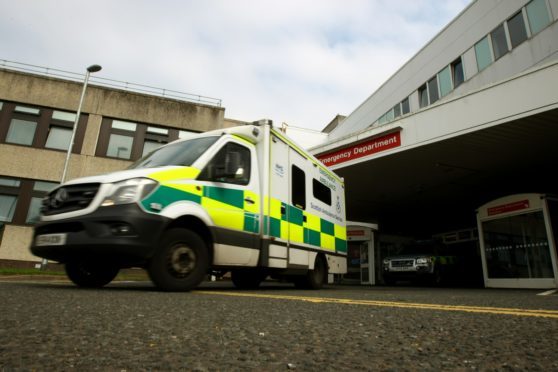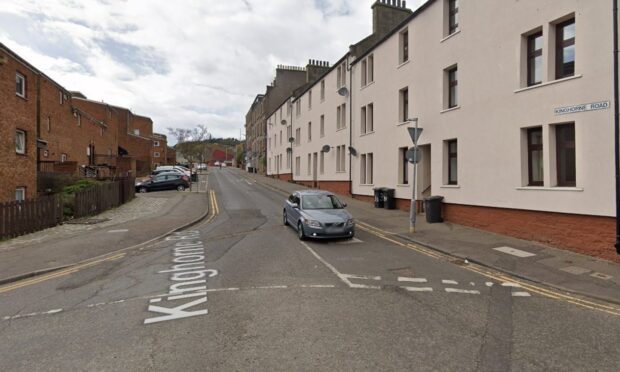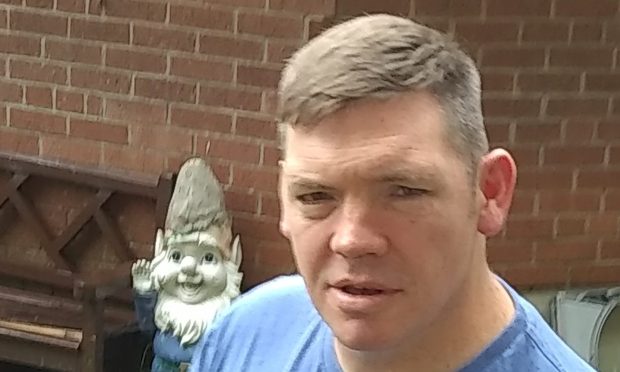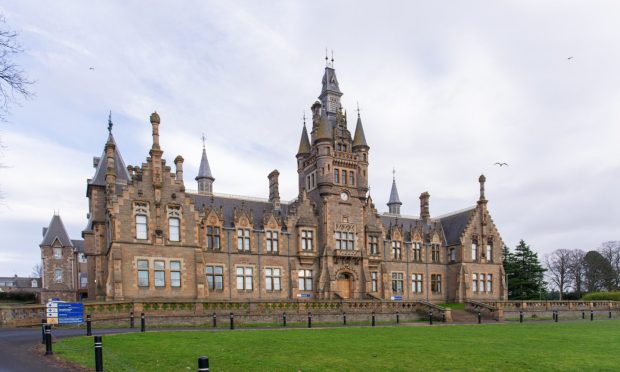Tayside and Fife have seen a rise in emergency call-outs for people experiencing a mental health crisis.
The Scottish Ambulance Service attended 1588 incidents in 2017 where the main issue was a psychiatric problem – the highest number in ten years.
In comparison, the previous year had seen a total of 1284 such incidents, with the average number between 2009 and 2016 being just over 1300.
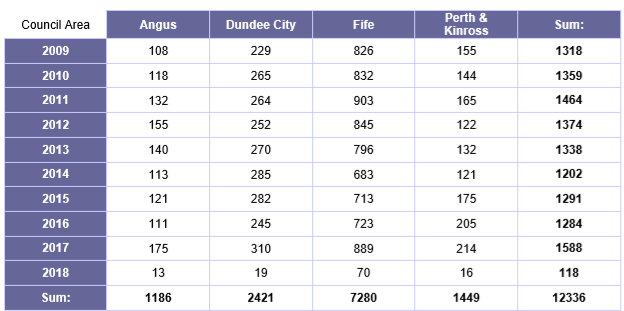
Wendy Callander, executive director of Dundee Association for Mental Health, said: “It is not a good thing that an ambulance is needed in the first place, but it is good that people are calling for help.
“For me, the logical explanation for the increase is that there is better awareness of mental health now and people are more likely to seek help.
“People are now calling for help for issues that they previously wouldn’t have sought help for.”
In Dundee, there were 310 call-outs in 2017, with 175 recorded in Angus, 214 in Perth and Kinross and 889 in Fife.
In 2018 so far, there have been 118 incidents across the whole region.
Explaining the figures, a Scottish Ambulance Service spokesperson said: “Mental health related incidents are identified during the triage process where our ambulance control centre staff will follow a process which identifies any immediately life-threatening illness or injuries, before seeking to identify other health issues.
“The incident would be recorded under the primary health problem given (reason for the call). The only category we use on this occasion is ‘psychiatric’.”
A spokesperson for NHS Tayside said when someone is admitted to A&E, there is a “clear” patient referral pathway to ensure patients experiencing a psychiatric crisis get the appropriate treatment.
The spokesperson added: “Patients who attend the emergency department will be treated for any medical issues before a decision is made on the most appropriate course of action for their current mental health problem.
“This action could be emergency referral to the crisis team or liaison psychiatry service but may also be redirection back to their GP or their own mental health team.
“We aim to support individuals and their families or carers by providing care and treatment in the community where possible.
“This is available through the intensive home treatment team and multi-disciplinary community mental health teams working in localities across Tayside.
“Where it is necessary for a person to have further assessment of their mental health in hospital or if it is not safe for them to be discharged then admission to an inpatient mental health unit is available.”
